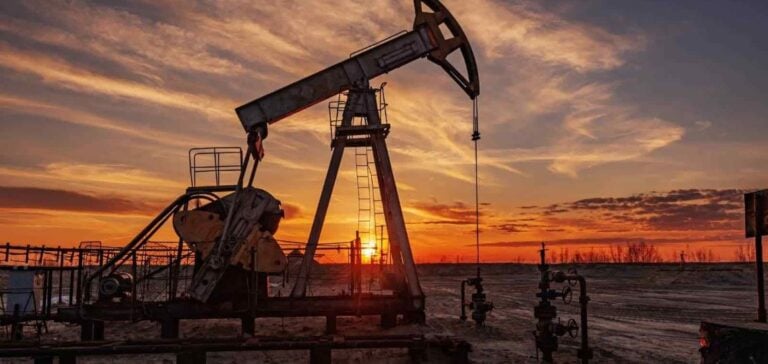In the oil sector, Namibia recently gained attention due to significant discoveries in the offshore Orange Basin. Now, focus is shifting to the onshore Owambo Basin, where encouraging signs of oil and gas presence are emerging.
Independent explorer Monitor Exploration Ltd (MEL) revealed on Tuesday, December 10, 2024, preliminary results from its 2D seismic survey conducted in July. Covering 200 kilometers in its onshore PEL 93 license area, which spans a total of 18,500 km², the analyses highlighted the potential of 11 promising prospects. These zones, representing over 1,000 km², could hold commercially viable resources.
According to MEL, these surveys confirm favorable geological formations likely containing oil and gas in exploitable quantities. The company is working to deepen its knowledge to pinpoint the best drilling sites and develop an operational strategy by 2025 or 2026.
An Opportunity for Namibia
The Orange Basin, located offshore and extending to South Africa, had already attracted the interest of energy giants such as TotalEnergies, Shell, and Galp, who discovered significant oil and gas deposits in recent years. The Owambo Basin, though onshore, appears to offer similar prospects, further boosting Namibia’s appeal on the global energy stage.
With this new data, Monitor Exploration Ltd aims to accelerate its efforts to turn these potential resources into viable assets. A detailed plan is underway to precisely identify priority drilling targets. If these projects succeed, Namibia could establish itself as a key player in the African oil industry.
A Technical and Strategic Challenge
The transition from exploration to production will depend not only on drilling results but also on economic and regulatory conditions. MEL, as an independent player, will need to work closely with Namibian authorities to ensure sustainable and mutually beneficial exploitation.
Moreover, this discovery comes at a time when global energy markets face increasing pressure to diversify supply sources while reducing carbon footprints. As an emerging destination, Namibia will need to balance the valorization of its fossil resources with international environmental demands.





















